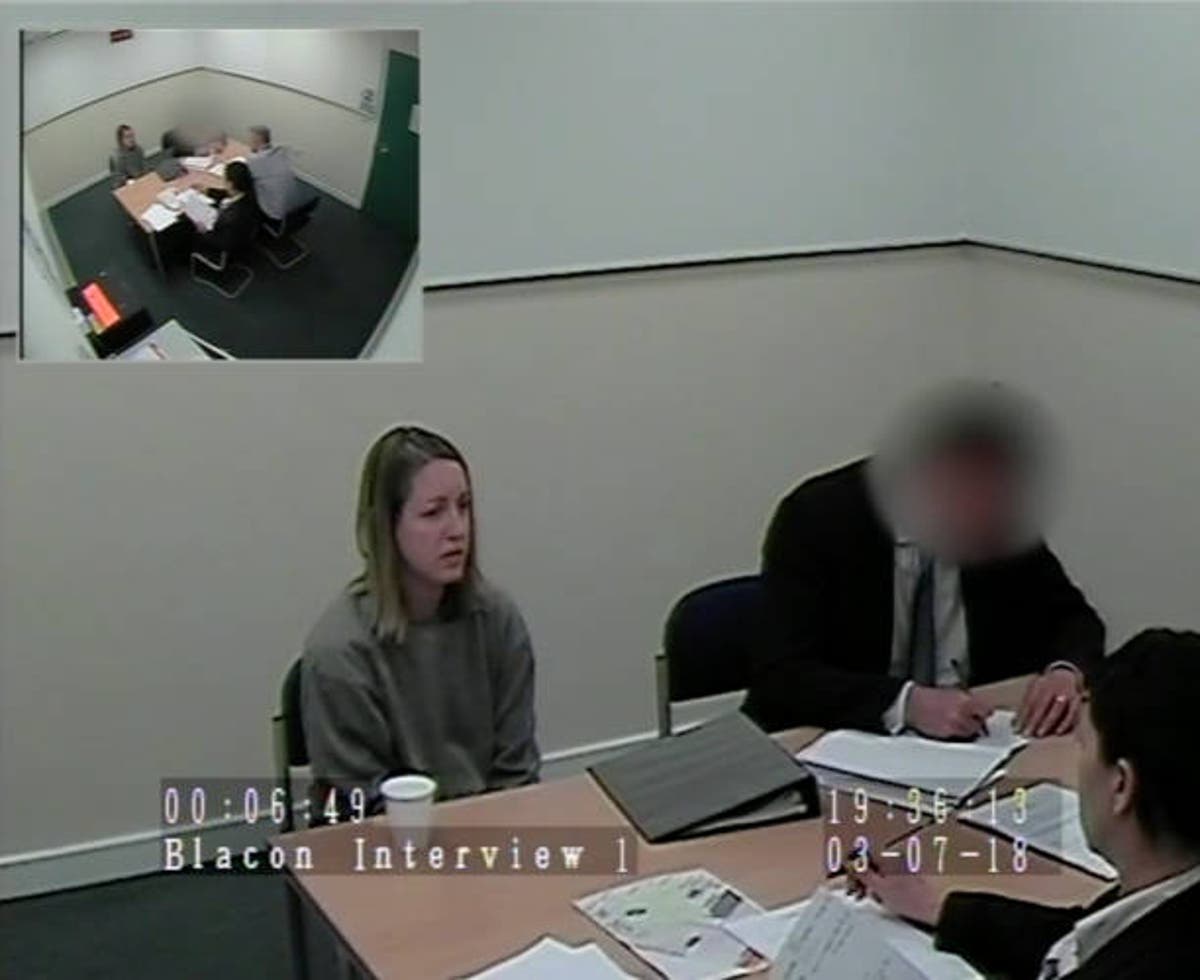
While many people might be asking specific, searching questions about why nurse Lucy Letby murdered so many babies in her care, as a feminist and psychologist I am struck by the way misogyny and gender roles mean that we struggle to see women as violent or abusive at all.
I am a firm believer that everything we do is a choice. Everything from whether we put the shopping trolley back where it belongs – to whether we harm, abuse, even kill another human being.
We all make choices every moment of every day.
But what happens when the same misogyny which harms women every day also positions them as incapable of committing violent acts, abuses, even murders?
And what happens when gender role stereotypes are so powerful that they hide women’s choices to harm others?
When we talk about misogyny, we often think of women being harassed and abused, and of course, that is absolutely vital to address and talk about – but we very rarely talk about the way misogyny shapes and frames women and girls in society – which can then even be used to explain away, defend or minimise their crimes.
Due to powerful gender role stereotyping, women and girls are brought up to be nurturing, selfless, caring, emotional, kind, gentle, maternal and, well, nice.
Smile. Be nice. Be polite. Be kind. Get married. Have a baby. Be a committed mother. Put yourself last.
This does immense harm to all women and girls, because it means we can be treated as incompetent, inferior, and “less than” our male counterparts. It impacts our prospects at work and in education. It keeps us controlled and minimised.
It has become one of the main reasons why we also struggle to see women as abusers, violent offenders or murderers. A loving, maternal, selfless, kind woman, murdering babies? What an oxymoron. What a contradiction. What an abomination, some might say.
It’s surely a difficult pill to swallow, that every woman has the potential to be fatally violent and abusive. We all do.
To most people, women are mothers, and grandmothers, and sisters. Women are teachers, carers, counsellors, and nurses.
Women are the backbone of the caring professions. Women are the safe space. The healers. The huggers. The fixers. The rehab for everyone else.
Not only do we struggle to see women as violent, but in cases where women abuse and kill children, we often scratch around for evidence that a man made them do it, because we conclude that women cannot possibly be capable of such atrocities without a man forcing her, or coercing her.
A woman making an active choice to abuse and kill babies creates a new form of discomfort. If women aren’t safe, who is?
As a feminist chartered psychologist, and as someone who specialises in violence and abuse, I’ve often been perplexed by the way my sister feminists will be convinced that a woman who commits violence or abusemust have been made to do it by a man.
But there is no such option with Letby’s actions.
A woman in a position of power, on trial for the murder of multiple newborn and premature babies across several years. Families left confused and lost for years, while she denies every charge she faces in a courtroom. It flies in the face of everything we are told women should be.
If women are typecast and groomed by society to be nurturing and maternal, how could it be possible that a woman would repeatedly murder infants in her care? Why hasn’t she just told the truth? Why hasn’t she broken down, emotional at the harm she has caused to these families?
All of these questions are based on our misogynistic expectations of women.
The reality is this: women are capable of the same violence as men. Women are capable of the same abuses as men. Women are capable of the same murders as men. Women can kill. Women can lie. Women can destroy lives. It is misogynistic to suggest otherwise.
We cannot seek to frame women as equal to men, if we will not hold them responsible for their choices and actions in the same way as men. Not just in the workplace or the economy, but in their own choices, their abuse, their violence, their bullying, their crimes.
The question shouldn’t be whether women are capable of crimes like this. The real question is: if women are capable of all of these violent abuses, murders, harm and crime – why do so few of us choose to commit them? Why are we 51 per cent of the population but only 1 per cent of the murderers?
If men and women can equally control and choose their violent behaviour, why are women so much less likely to act it out? And why are we so utterly appalled when a woman commits a violent crime versus a man?
